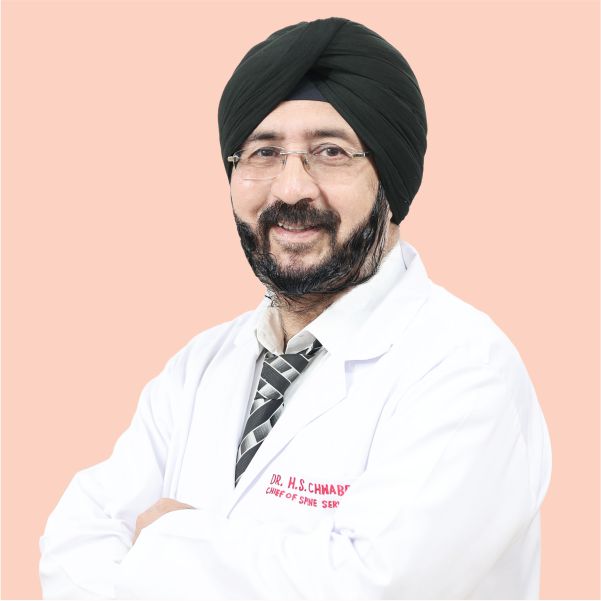Spine-related conditions, whether due to injury, surgery, or chronic issues, can significantly impact an individual's mobility, function, and overall quality of life. Comprehensive rehabilitation programs tailored to spine conditions play a crucial role in restoring strength, flexibility, and functionality.
The Spine Comprehensive Rehabilitation department typically employs a range of procedures and therapeutic interventions to aid in the recovery and management of various spinal conditions. Common procedures and therapies include:
Call 011-42888888 to book an appointment with a specialist at Sri Balaji Action Medical Institute.

Chief of Spine & Rehabilitation Centre

Assistant Consultant

Assistant Consultant